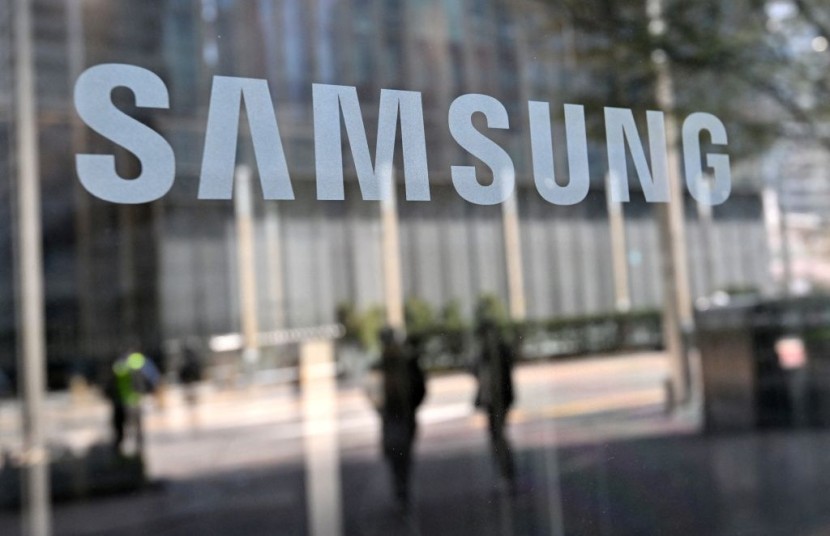
The Biden administration announced on Monday (Apr. 15) that it would award Samsung up to $6.4 billion in grants to expand its semiconductor production in central Texas as part of the US Department of Commerce's implementation of the CHIPS and Science Act.
Reuters reported that the funding would support two production facilities in Taylor, Texas - a research center and a packaging facility.
Commerce Secretary Gina Raimondo said it would also enable the South Korean firm to expand its Austin chip facility while boosting chip output for the aerospace, defense, and auto industries and bolstering the United States' national security.
"[These investments] will allow the U.S. to once again lead the world, not just in semiconductor design, which is where we do now lead, but also in manufacturing, advanced packaging, and research and development," she added.
On the other hand, Samsung Semiconductor CEO Kye Hyun Kyung stressed that the investment would help them manage the surge in American demand for locally made chips in the industries they support.
"To meet the expected surge in demand from U.S. customers, for future products like AI chips, our fabs will be equipped for cutting-edge process technologies and help bring security to the U.S. semiconductor supply chain," he said in the company's press release.
"Our plan is not just about investing in chips, but this is about investment in our community. We're here to stay. For us to do so, we understand that we must continue to strive for a sustainable future."
Samsung said it expected to begin its production in 2026, with analysts estimating the firm would likely begin its 4-nanometer chip production at its pilot line and eventually expand to 2-nanometer chips.
The CHIPS and Science Act aims to reduce its reliance on imported semiconductors from China and Taiwan, as the US share of global semiconductor manufacturing capacity has fallen from 37% in 1990 to 12% in 2020, according to the Semiconductor Industry Association (SIA).
Lawmakers have also warned that US dependence on chips manufactured in Taiwan by the top global chip manufacturer TSMC would be risky due to geopolitical tensions between Taiwan and China.
TSMC earlier received a $6.6 billion grant to kickstart its operations in Arizona, while Intel got an $8.5 billion grant despite admitting it had a $7 billion operating loss in its chip manufacturing unit.
"By investing in leading-edge semiconductor manufacturing, we are helping secure this vulnerable supply chain, boosting our national security and global competitiveness, and creating new jobs for Texans," Rep. John Cornyn (R-TX) said.
Senior administration officials say Samsung is expected to invest roughly $45 billion in building and expanding its Texas facilities by the end of the decade.
"We applaud Samsung for investing boldly in US-based manufacturing and salute the US Commerce Department for making significant headway in implementing the CHIPS Act's manufacturing incentives and R&D programs," SIA said in a statement.








